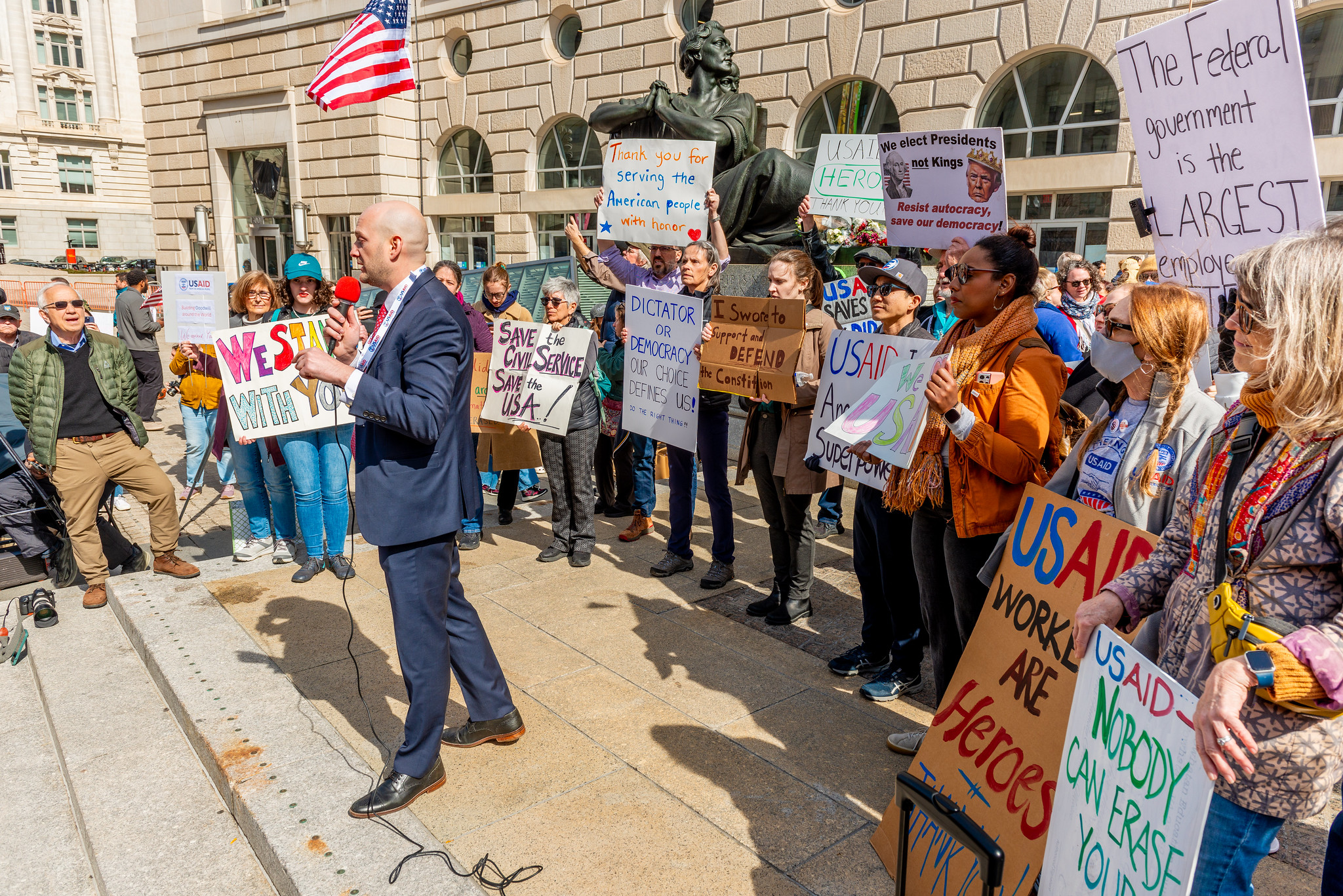The Weakness in the Obama Signing Statement
President Obama’s signing statement to the Defense Authorization Bill – which objected to the GTMO transfer provisions on policy but not legal grounds – is unsurprising, for reasons I explained before it was issued. What is noteworthy about the signing statement is the sharp rhetoric of the policy objections. The president expresses a “strong objection” to the transfer provisions. He says that the one that bars transfers to th
Published by The Lawfare Institute
in Cooperation With

President Obama’s signing statement to the Defense Authorization Bill – which objected to the GTMO transfer provisions on policy but not legal grounds – is unsurprising, for reasons I explained before it was issued. What is noteworthy about the signing statement is the sharp rhetoric of the policy objections. The president expresses a “strong objection” to the transfer provisions. He says that the one that bars transfers to the United States constitutes “a dangerous and unprecedented challenge to critical executive branch authority” that “undermines our Nation's counterterrorism efforts and has the potential to harm our national security.” And he says that the one that bars transfer to other countries “interferes with the authority of the executive branch to make important and consequential foreign policy and national security determinations.”
These strongly worded statements are, as Ben suggests, signs of weakness. For the administration only issues statements against the transfer policies, and does not actually expend political capital to change them. There are many reasons why closing GTMO went from a relatively uncontroversial policy in January 2009 to an unpopular policy today. But one reason is that the administration did not back up the urgency of its words with urgency of action. When the Bush administration believed that Congress was moving in a direction contrary to the national security interest – for example, in the negotiation of the Detainee Treatment Act of 2005 and the Military Commission Act of 2006 – it dispatched the Vice-President, the National Security Advisor, and the head of the Office of Legal Counsel to negotiate directly, fiercely, and relentlessly with congressional leaders, and to explain in concrete terms the national security harms that would flow from the proposed laws. It was similarly aggressive and relentless, before a politically hostile Congress, in negotiations over the 2008 FISA Amendments. And President Bush more than a few times vetoed or threatened to veto military and national security bills – sometimes over relatively small matters – that did not serve his vision of national security. These high-profile efforts, some of which were politically unpopular, did not always get the Bush administration what it wanted. But it got it some of what it wanted, and much more than if it had not fought. And it sent a credible signal of the Bush administration’s willingness to go to the mat on every battle with Congress over its vision of national security – a credible signal that chilled Congress from taking bolder steps.
The Obama administration, by contrast, has not obviously expended any real political capital in support of its supposed commitment to close GTMO and conduct civilian trials for terrorists. During the two-year period in which the president’s party dominated Congress, the administration avoided confrontation with Congress over these issues and consistently traded away GTMO-closing initiatives for other congressional goals. And for the last year, the administration has acquiesced, without any political or legal fight, in what it correctly describes as “unprecedented” intrusion into the president’s traditional prerogatives to transfer wartime detainees. The administration clearly lacks the courage of its convictions on the disposition of GTMO detainees. The only question is why it keeps up the empty rhetoric. Perhaps it does so to please its base, though this tactic does not seem to be working very well. Or perhaps it does so because it is too embarrassed to back away from the president’s high-profile, first-week commitments. In any event, President Obama pledges in the signing statement that his administration will “work with the Congress to seek repeal of these restrictions, will seek to mitigate their effects, and will oppose any attempt to extend or expand them in the future.” If the past is any guide, the administration won’t do much to fulfill these pledges, especially since it now faces a more hostile Congress and an election cycle in which the president’s national security seriousness will (quite unfairly, in my view) be a big issue.
Jack Goldsmith is the Learned Hand Professor at Harvard Law School, co-founder of Lawfare, and a Non-Resident Senior Fellow at the American Enterprise Institute. Before coming to Harvard, Professor Goldsmith served as Assistant Attorney General, Office of Legal Counsel from 2003-2004, and Special Counsel to the Department of Defense from 2002-2003.





